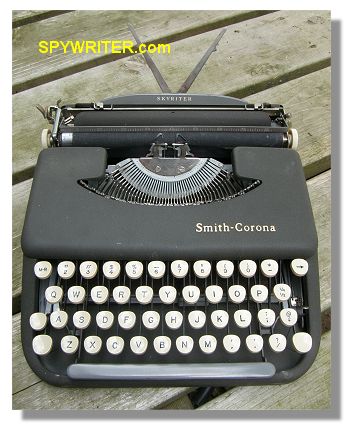
That's why I keep matches and some lighter fluid next to my manuscripts:
"A literary friendship in which one writer is ‘more equal’ than the other, Franz Kafka (1883-1924) and Max Brod (1884-1968) met at Charles University in Prague, and remained lifelong friends. Brod was a successful author, composer and journalist. Now, however, he tends to be remembered mainly as Kafka’s friend, biographer, and literary executor. Perhaps he wouldn’t have minded. He is said to have “unselfishly promoted other writers and musicians.”
Franz Kafka was one of the most influential writers of the 20th century
Kafka asked Brod to burn his manuscripts after his death. According to Brod’s account, he didn’t promise, and he didn’t burn them. When the Nazis arrived in 1939, Brod and his wife fled to what was then called Palestine, and they took Kafka’s manuscripts with them. Brod settled in Tel Aviv, and edited and published some of Kafka’s work."
SOURCE


